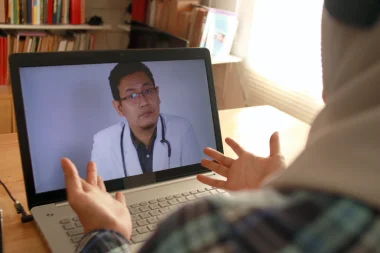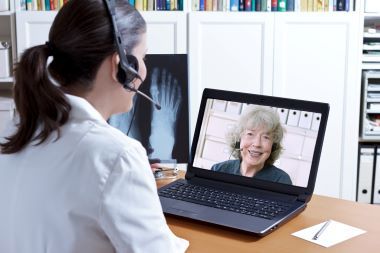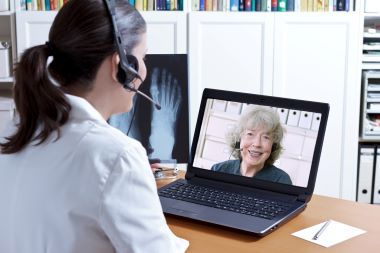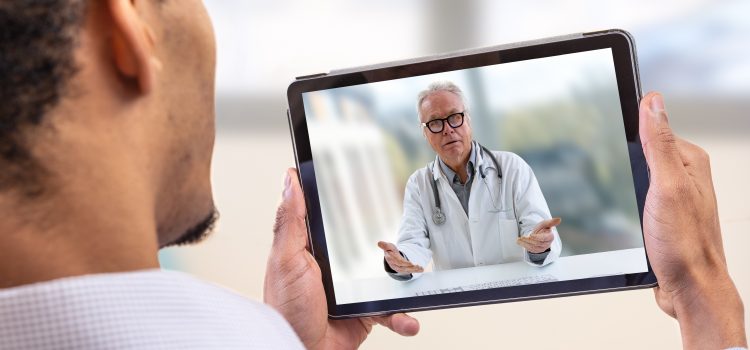The COVID-19 pandemic could have ushered in a golden age for telemedicine. In fact, many healthcare facilities (urgent care centers among them) bent over backwards to get their digital game up to speed so they could offer patients care safely, if remotely, when there may not have been any other options at all. Despite that opportunity, according to a new report from Experian Health, telehealth still looks like a less-than-ideal entry point into healthcare. The …
Read More









